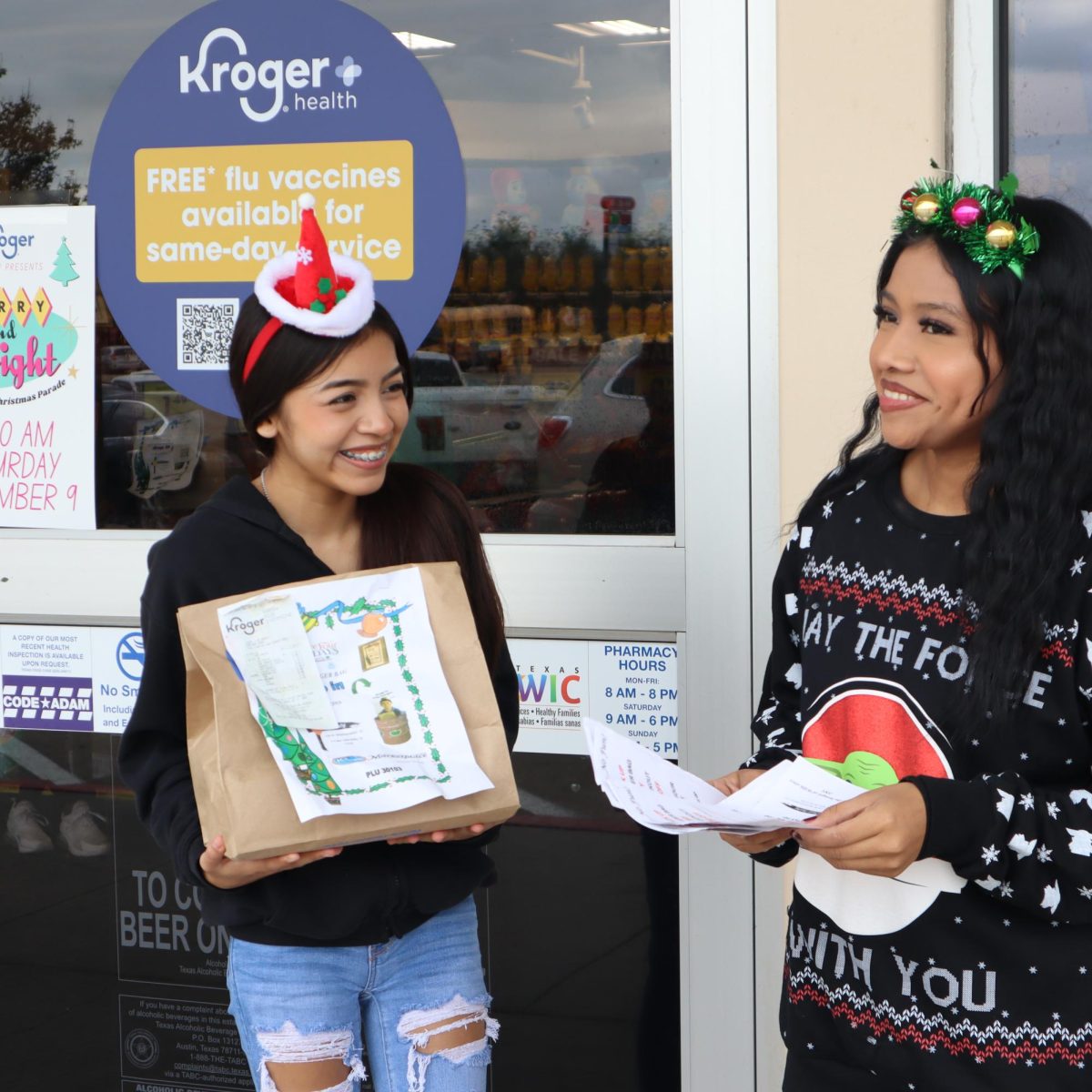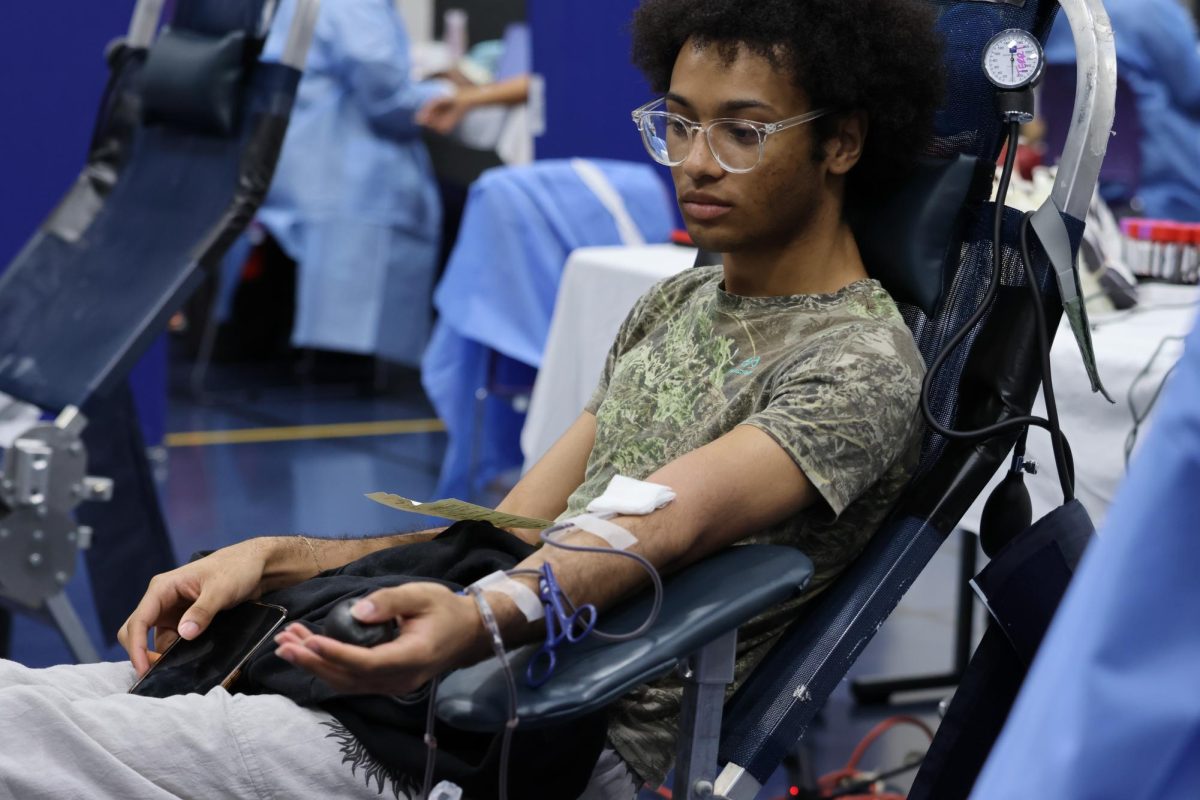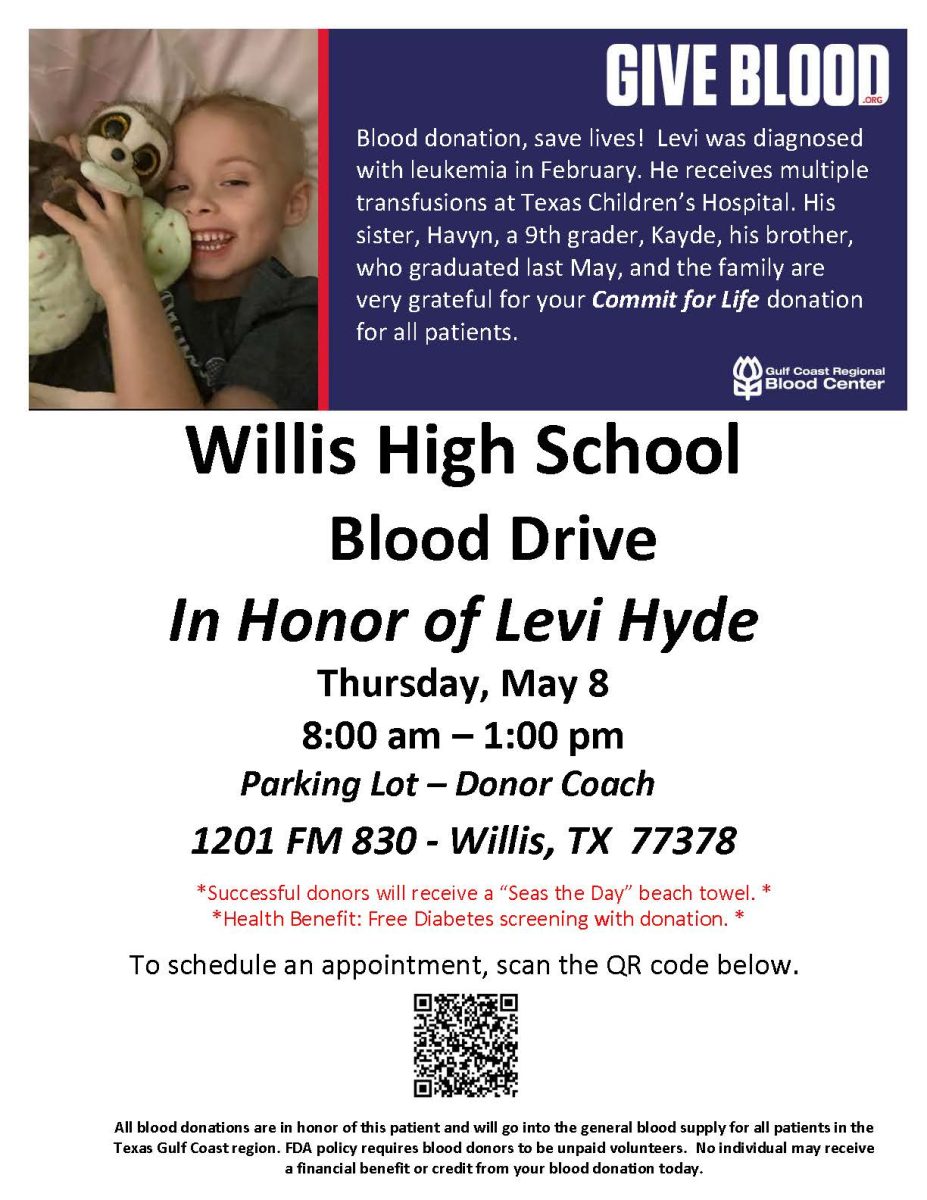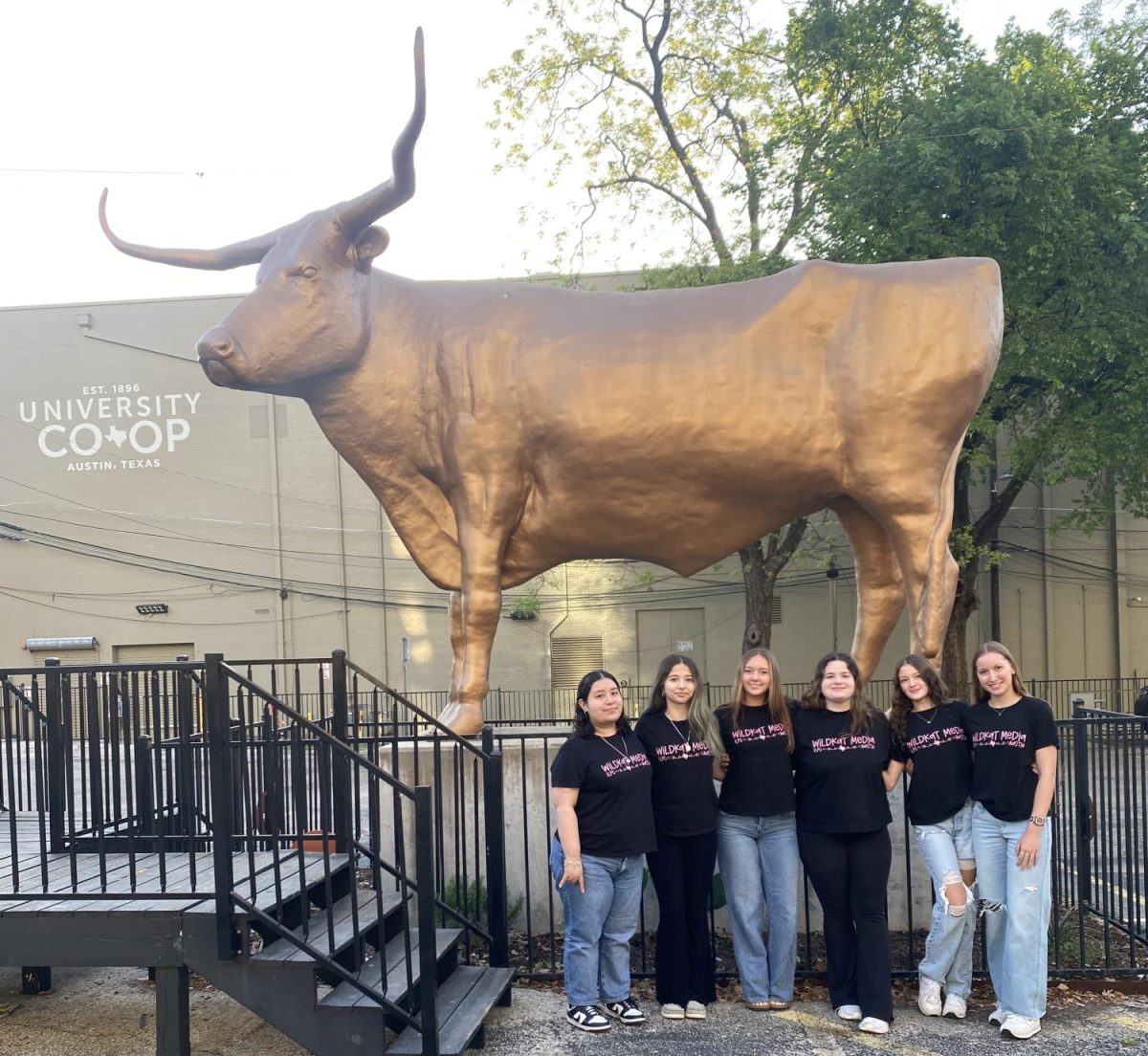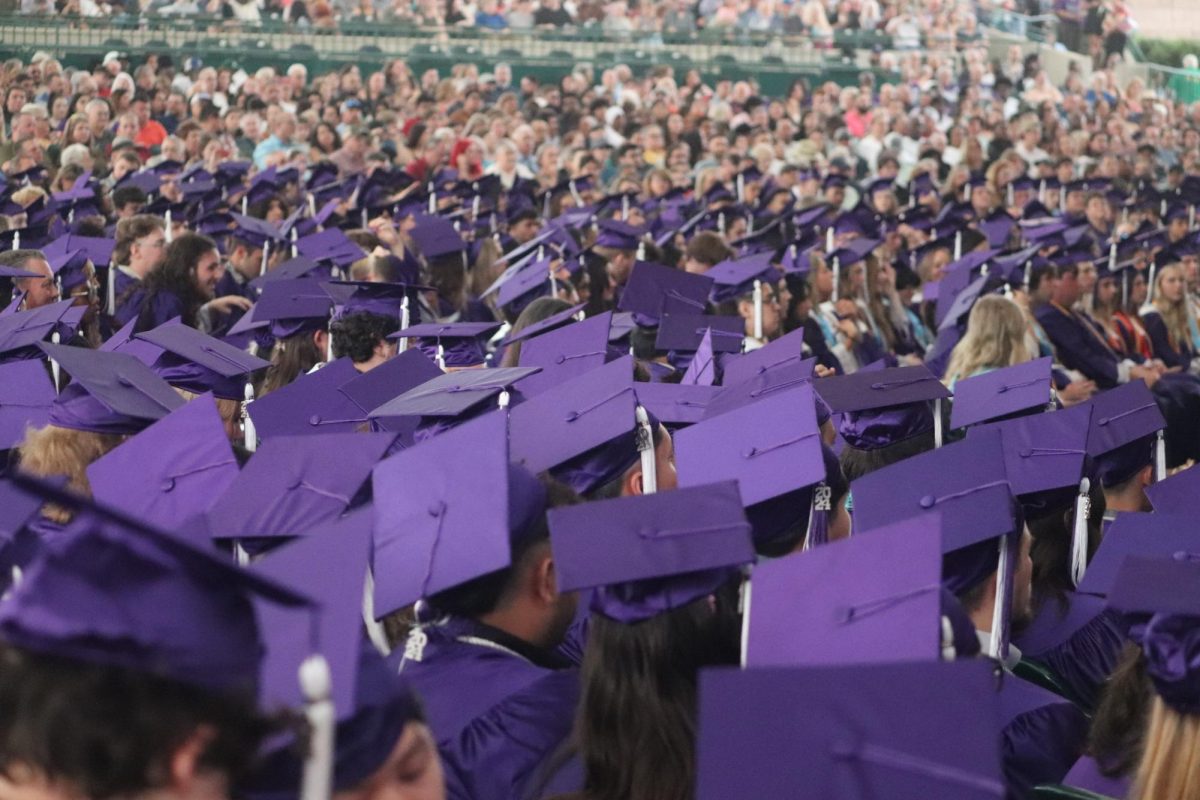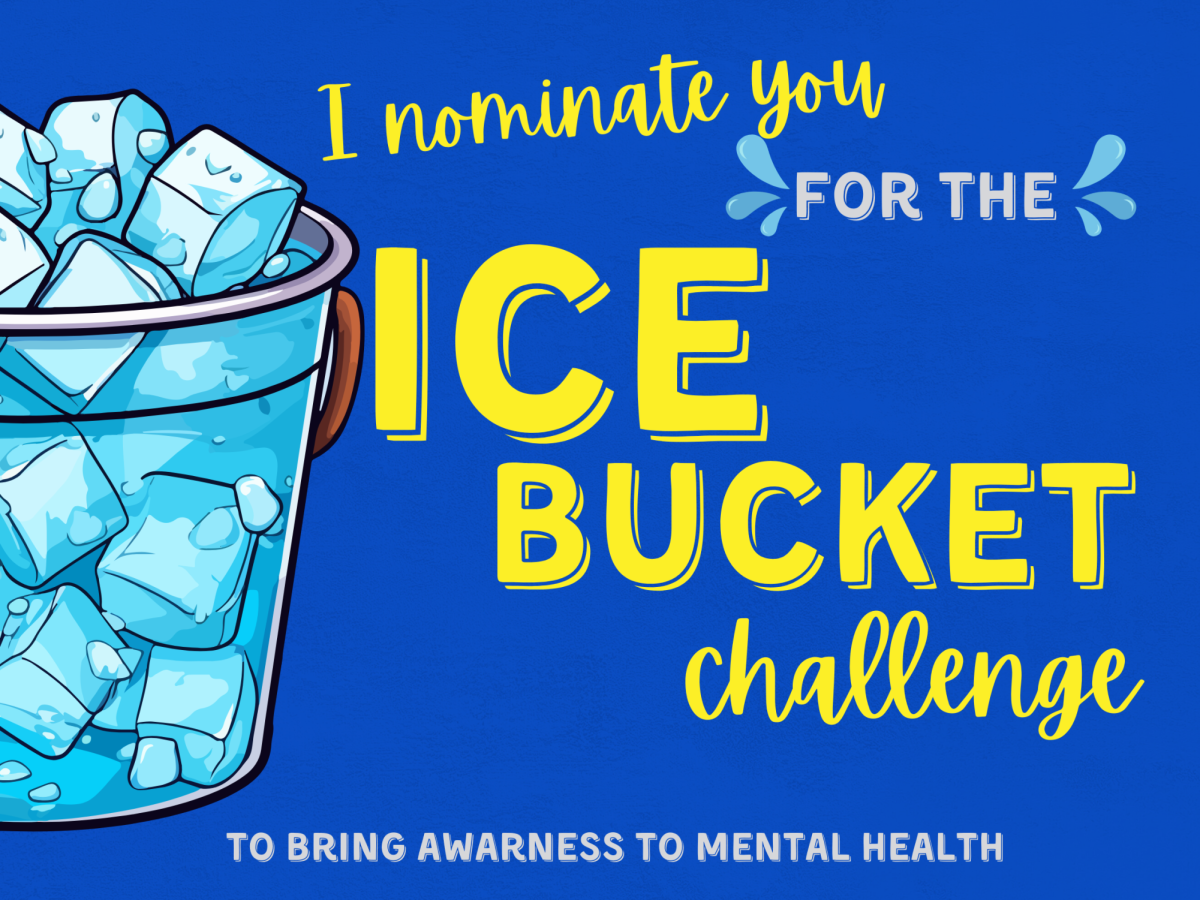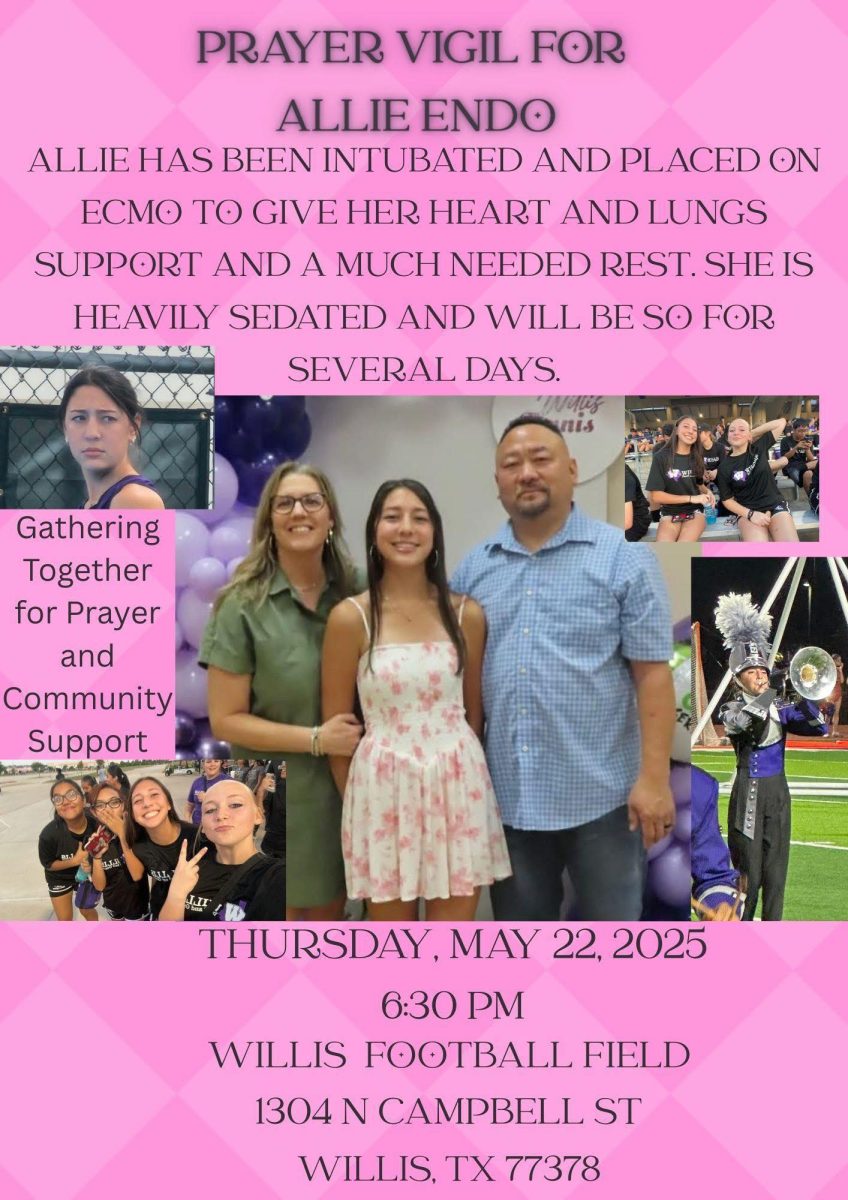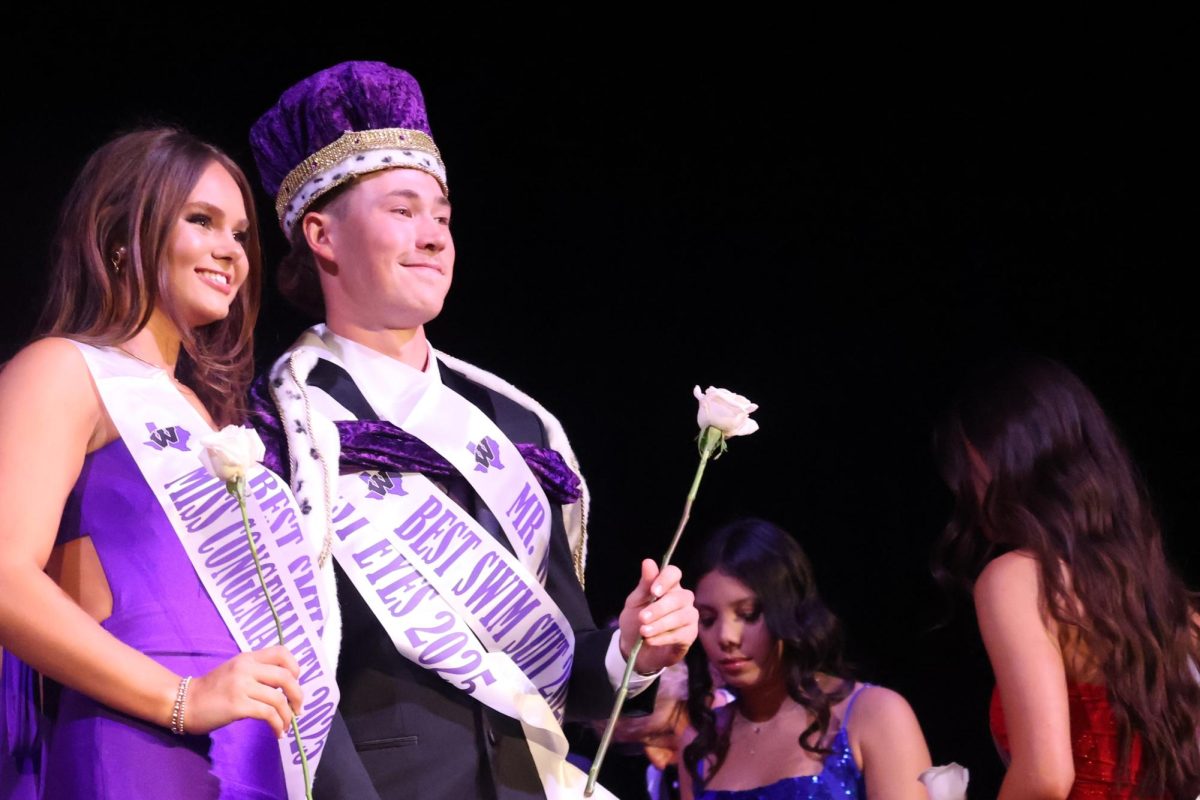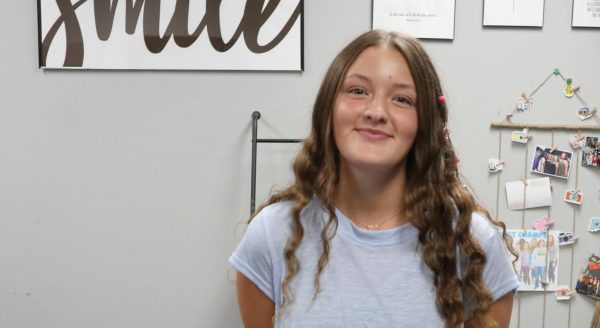Volunteering and donating at the food shelter. Adopting a child from an angel trees. Donating school supplies. Reading to children.
The holiday season is the perfect time to give back to the community. With various extracurriculars and organizations participating, these are some of the ways Wildkats can help others out during the giving and getting season.
The most common way Wildkats help others during the holiday is by giving to the food drive.
“I have donated 20 cans to the Willis food drive,” junior Valeria Flores said. “While I do get two hours for my SNHS (Spanish National Honor Society) it feels good to help people during this time.”
To help others, Wildkats volunteered at the annual Christmas at the Barn which had all kinds of festivities.
“At Christmas at the Barn, we painted faces for SNHS,” junior Mary Aikman said. “I was there for child development too but seeing other people laugh and smile made me so happy to know I was doing a good deed.”
Some students are volunteering at animal shelters and food shelters.
“I am planning on volunteering at the animal shelter and the food shelter in the coming times,” junior Rebekah Steele said. “People need more help than others and nothing is wrong with that, but it is nice to help and you get a warm feeling.”
School supplies are also needed more than ever, not just for Wildkats but students around the world,” freshman Yajaira Tapia said. “It’s important to make sure that students can have proper resources for education and school supplies.”
Some people are more fortunate and do angel trees, which are trees with less fortunate kids’ Christmas lists to help people who can not afford certain things.
“It may not be me, but my family is fortunate enough to help those who are less fortunate,” sophomore Natalia Herrera said. “We went to Walmart and pulled a couple of names off of the angel tree and got some kids’ Christmas lists. It’s going to make so many kids Christmas.”
For some students, education isn’t always granted.
“What most people do not realize is that having an education is a privilege, not a requirement,” Tapia said. “If you go visit Mexico, you can see how uncommon it is for students to have proper education.”


